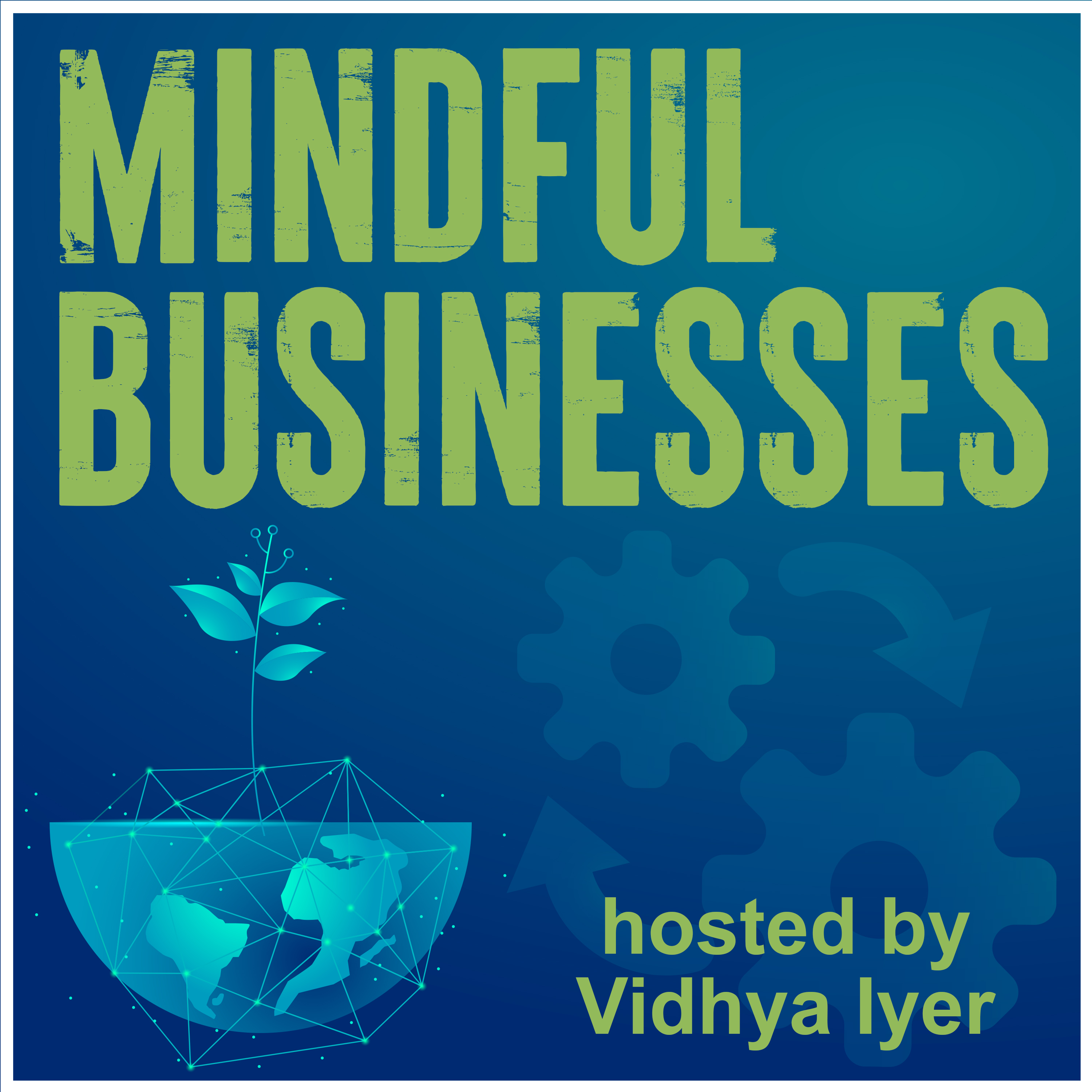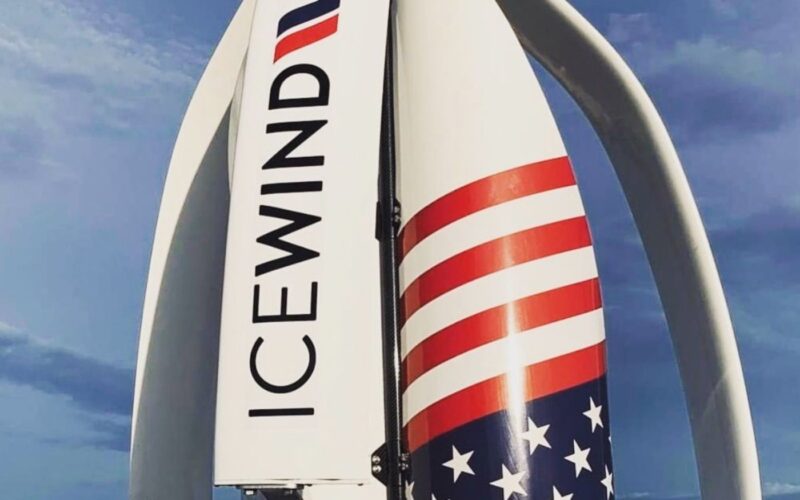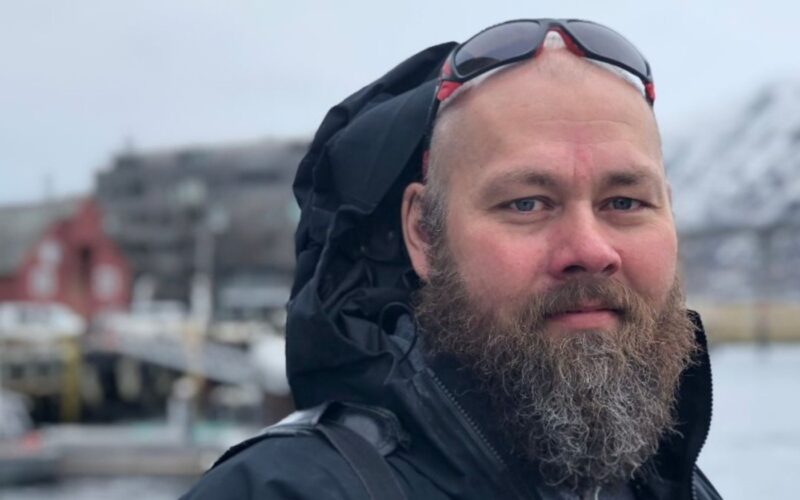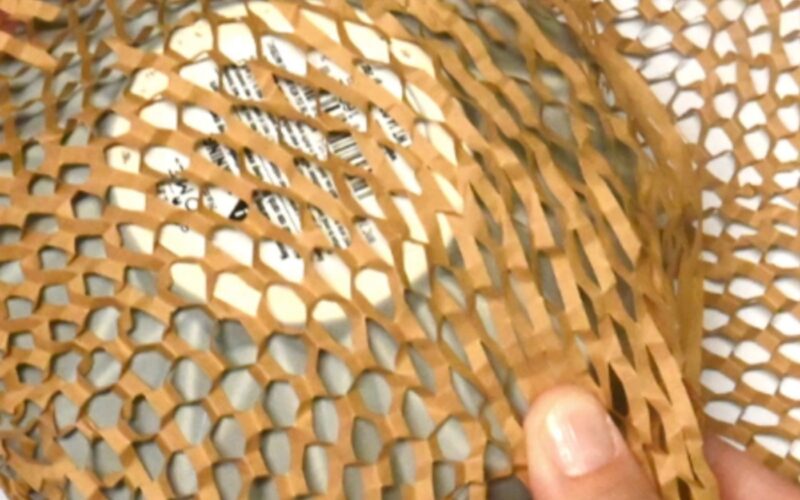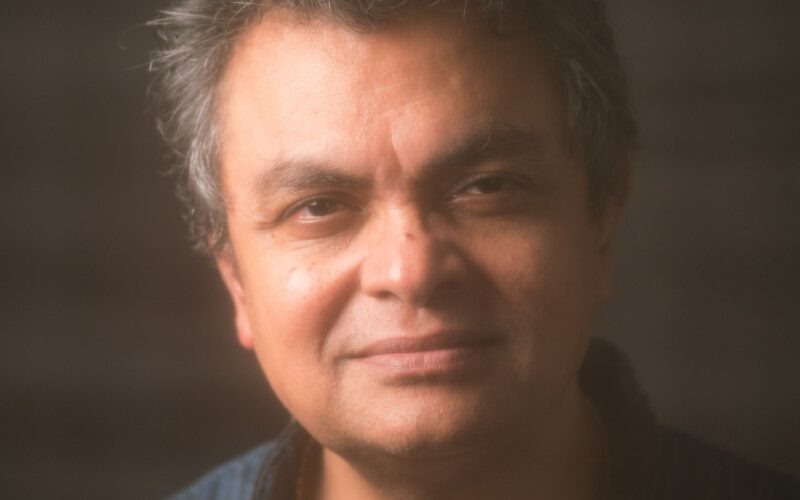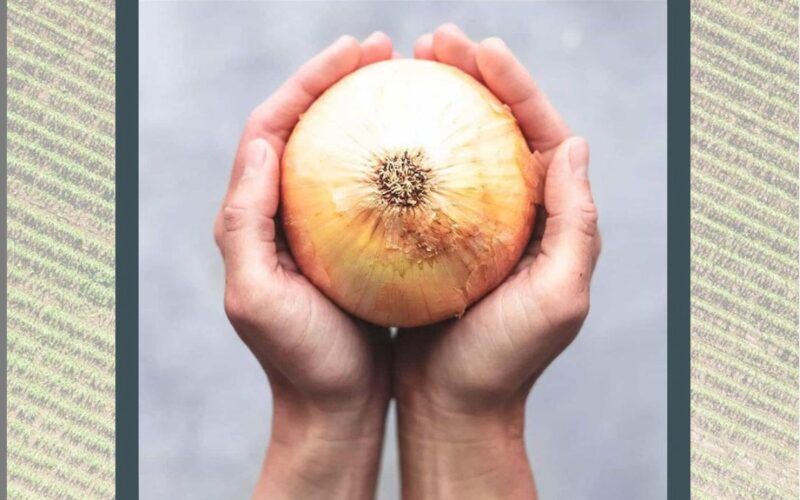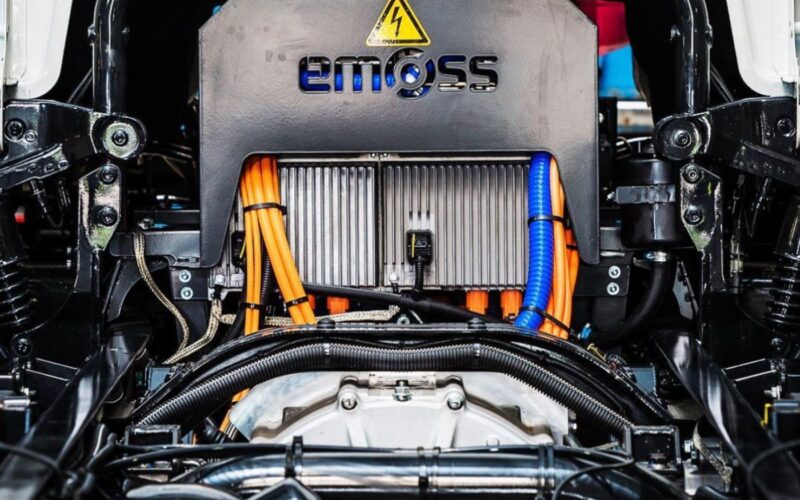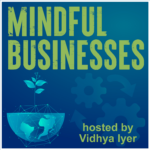46: IceWind – Extreme Energy Solutions
A very important aspect to building a sustainable home is how we source our energy. In this episode we had spoken to Robert Gerber who talks about how through wind energy we can reduce our dependency on fossil fuels. This episode is a re-air from January 27, 2021
____________________________________________________________
We talk with Robert Gerber, of Icewind USA. Robert, a career diplomat, who had the opportunity to live in Iceland. Icewind is the premier manufacturer of compact vertical axis wind turbines for residential and commercial use. Utilizing durable materials for extremely long lifespans without maintenance and a combination of blades to provide low start-up speeds, lift, and constant power generation, IceWind’s turbines serve as a reliable renewable power solution in any environment.
IceWind formed in 2012 out of the necessity to create new, innovative renewable wind energy solutions to reduce global dependency on fossil fuels. Founded in the windy and harsh country of Iceland in the shell of an old coal power plant, CEO and Mechanical Engineer Sæþór Ásgeirsson began designing formidable turbines capable of withstanding hurricanes, blizzards, sleet, snow, hail, and almost any inclement weather conditions. After years of testing, fine-tuning, and improvements, Icewind is finally ready to implement turbines into windy, volatile regions across the entire United States.
Their goal is to making wind energy accessible to anyone, from windy neighborhoods to the most remote and harsh regions of the globe. We strive towards becoming a global impact leader, building a brighter future while cutting carbon emissions, one turbine at a time. Listen and learn.
Read More

